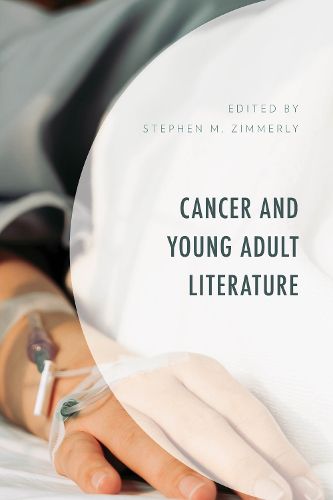Readings Newsletter
Become a Readings Member to make your shopping experience even easier.
Sign in or sign up for free!
You’re not far away from qualifying for FREE standard shipping within Australia
You’ve qualified for FREE standard shipping within Australia
The cart is loading…






This collection specifically and solely focuses on Young Adult literature texts where cancer plays a prominent role, including widely-read texts like John Green's The Fault in Our Stars, Nicholas Sparks' A Walk to Remember, and Jesse Andrews' Me and Earl and the Dying Girl. The chapters present a variety of arguments, each developing a novel investigation into how these stories explore the effects cancer has on a person, a family, or on a relationship. As scientific studies continue to devlop new understandings of the biology behind cancer, and new sociological studies continue to uncover how a cancer diagnosis impacts the fabric of our culture(s), these collected essays continue to investigate how authors have woven cancer into the stories we write for young people. A number of distinct avenues are taken here, arguing for new approaches in crafting narrative, deeper appreciation for family support networks (or their absence), and what literary criticism can uncover when applied to cancer narratives.
$9.00 standard shipping within Australia
FREE standard shipping within Australia for orders over $100.00
Express & International shipping calculated at checkout
This collection specifically and solely focuses on Young Adult literature texts where cancer plays a prominent role, including widely-read texts like John Green's The Fault in Our Stars, Nicholas Sparks' A Walk to Remember, and Jesse Andrews' Me and Earl and the Dying Girl. The chapters present a variety of arguments, each developing a novel investigation into how these stories explore the effects cancer has on a person, a family, or on a relationship. As scientific studies continue to devlop new understandings of the biology behind cancer, and new sociological studies continue to uncover how a cancer diagnosis impacts the fabric of our culture(s), these collected essays continue to investigate how authors have woven cancer into the stories we write for young people. A number of distinct avenues are taken here, arguing for new approaches in crafting narrative, deeper appreciation for family support networks (or their absence), and what literary criticism can uncover when applied to cancer narratives.